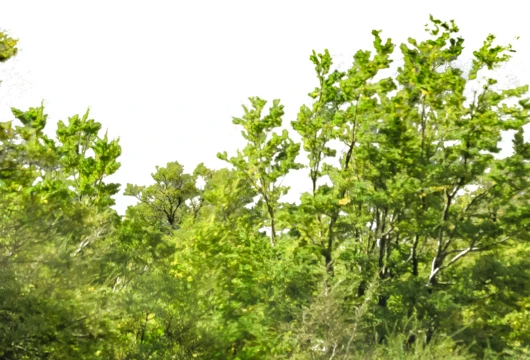As Punjab prepares to roll out its Protection of Trees Act, 2025, environmentalists are voicing crucial enhancements to ensure the law truly safeguards the state’s green cover. Advocates are urging the government to implement robust mechanisms—from carbon credits for growers to heritage tree protections—to make tree conservation inclusive, effective, and forward-looking
Expanding Scope Beyond Urban Areas
While the proposed Tree Act covers urban zones, environmentalists argue that rural regions—especially agroforestry in villages—must also be included to ensure widespread impact. As noted by activist Samita Kaur, tree conservation should be part of state-wide policy with benefits for both urban and rural communities
Rewarding Tree Growers with Carbon Credits
To incentivize tree planting, experts propose carbon credits for growers in both urban and rural settings. Citing Uttar Pradesh’s model—where credits are granted and paid in advance—Kaur suggests Punjab adopt a similar system to promote agroforestry and green livelihoods
Deterrence Through Imprisonment Clauses
Current provisions propose planting only two trees per felled one. Advocates like Dr. Manjit Singh argue this is insufficient. Instead, they recommend a mandate for planting at least 15 trees per tree cut, aligning with conservation urgency. Moreover, to hold offenders accountable, activists propose adding imprisonment penalties, citing similar provisions in Maharashtra’s tree law and existing sections of the Forest Act
Preserving Heritage Trees with Special Protections
Environmentalists—including Col Jasjit Singh Gill (Retd) and Dr Navneet Bhullar—stress a need for special protection for heritage trees, considering factors such as size, age, cultural significance, and ecological value. They recommend standalone legislation to secure heritage trees
A Groundswell of Support and Legal Imperatives
The push for a strengthened Tree Protection Act follows several alarm signals:
- The National Green Tribunal (NGT) has urged Punjab to enhance its tree preservation laws, citing loopholes like exclusion of private land and lack of grievance mechanisms
- A recent Times of India report revealed that Punjab has lost over 1.4% of forest and tree cover over two decades, sparking calls for more stringent tree policies and restoration drives
- The NGT has also instructed the state to submit a comprehensive tree protection bill for urban areas within six months—highlighting urgency for legislative reform
Building a Holistic, Actionable Framework
Environmentalists and stakeholders are calling for a multi-faceted Act that:
- Applies statewide—urban and rural areas alike
- Includes agroforestry and carbon-credit incentives
- Mandates planting of 15 trees per one cut
- Enforces penalties including jail for illegal felling
- Identifies and safeguards heritage trees
- Empowers tree officers and local governance systems
Activists point out that this comprehensive approach not only protects Punjab’s green cover but also aligns with broader goals like climate resilience, public health, and community wellbeing.
Citizen Momentum and Environmental Identity
Initiatives such as chipko-style protests in Ludhiana underscore how deeply trees are woven into community identities. As Punjab stands at a conservation crossroads, the revised Tree Protection Act will determine whether the state protects its roots or continues to lose them to short-sighted development
In summary, Punjab’s Tree Protection Act has the potential to set a bold precedent in environmental policy—but only with wider consultation, incentivized conservation, and stronger legal teeth. Implementing these enhancements now will ensure healthy, sustainable growth for generations to come.
For more in-depth analysis and inspiring climate news, click here.

